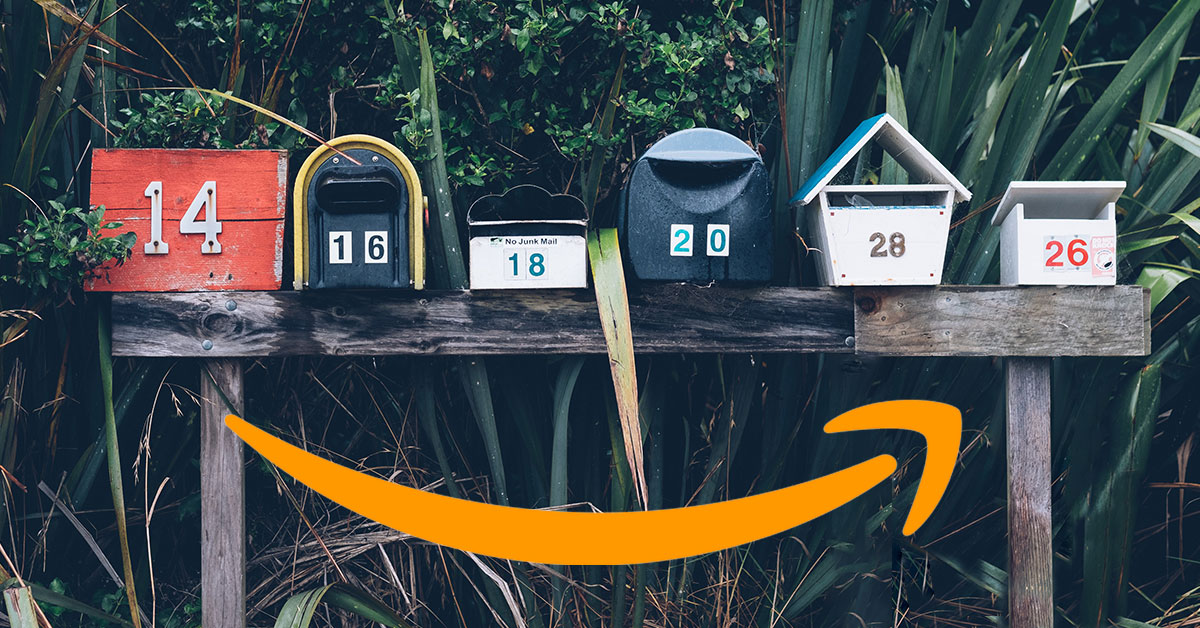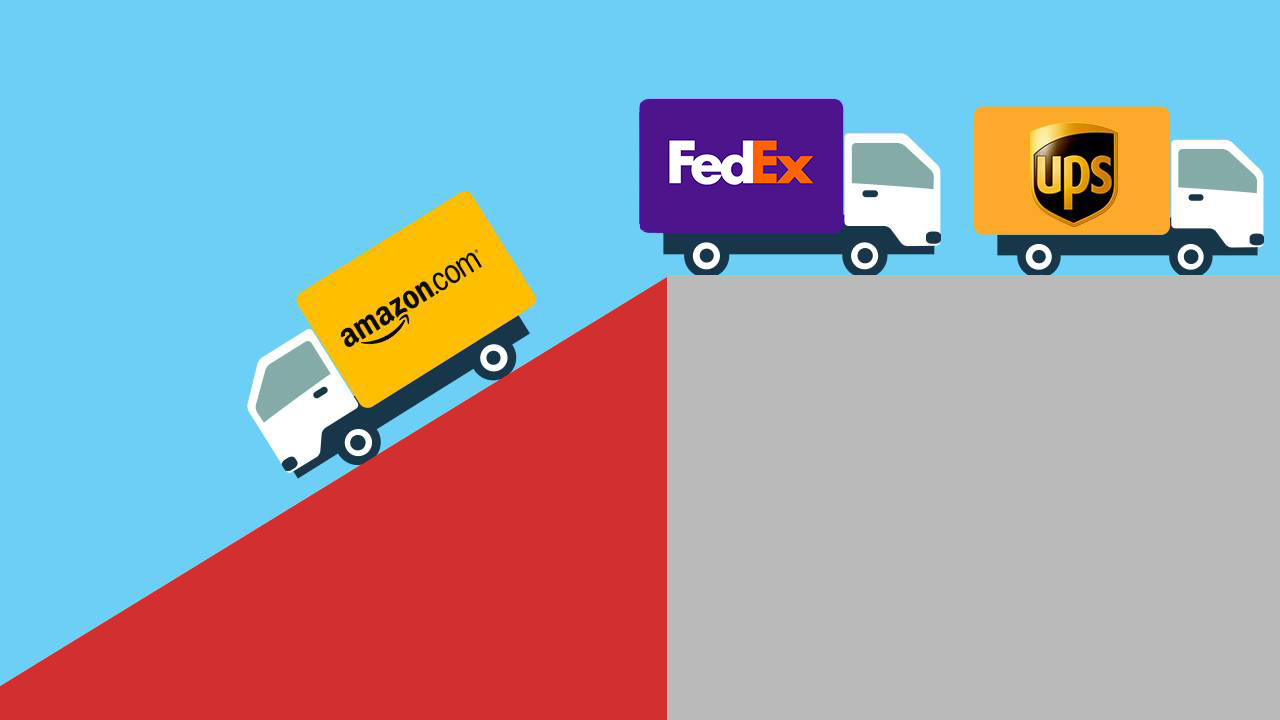2021 brings MASSIVE changes for Amazon sellers
Because of Brexit, Amazon UK marketplace is split from the European Union. This means you can no longer fulfill all of your European orders from a UK warehouse.
Transfers of Pan-European FBA inventory between the UK and EU stop
With Pan-European FBA, you could sell on all five EU marketplaces while storing your products in one country, such as the UK.
From the 1st of January 2021 Amazon UK fulfillment centers can no longer be used to fulfill orders in Europe. Effectively your sales opportunity on Amazon UK will drop from 446 million EU consumers to 66 million British customers.
How to handle UK and EU FBA inventory now?
If you’re selling in all five countries currently, Amazon suggests splitting your shipments. They recommend sending some inventory into the UK and some inventory into the EU. This is so you can ensure you have sufficient stock on either side of the new customs border when the UK exits the EU officially.
What post Brexit Amazon FBA inventory storage limits will I have?
For storage limits taking effect on or after the 1st of January 2021, you get one set of storage limits in each storage type covering UK inventory, and a second set of storage limits covering inventory across the EU (Germany, France, Italy, Spain and the Netherlands), writes tamebay.com.
There is an Amazon Brexit FBA inventory storage limits FAQ with more information.
Do I have to be VAT registered to sell into Europe after Brexit?
Whether or not you need UK or EU VAT registration numbers will depend on a number of factors including whether you intend to store products on the other side of the border and the level of your sales you make in each country. The VAT Services on Amazon help page provides more information as well as an interactive ‘Find out if you need to register for VAT’ quiz.
Do I now need to set up two separate accounts, one for my UK business and another for EU?
No. You can continue using one seller account to manage all countries into which you are selling. Amazon recommend doing so, as using a unified account will be the easiest way to manage your Amazon stores.
There is also the Multi-Country Inventory (MCI) program.
The way this program works is that you choose specific countries you want to send stock to and you can then fulfill orders from other countries/marketplaces using stock stored in those specified countries, writes andrewminalto.com.
The MCI program can actually be a good option for many sellers. The thing is, in the EU, the two largest Amazon marketplaces are Germany and France. Italy and Spain are much smaller, and the Netherlands is an even tinier market with not a lot of traction.
Now, if you sell a niche product that doesn’t generate massive sales on a daily basis, joining the Pan-EU program may not be the best option for you. This is because you will still have to pay for VAT returns services in Italy and Spain—countries where you may not sell a lot of items.
In most cases, France and Germany are where the money is. With the MCI program, you can start selling in these two countries (or just one of them) and minimize the cost of VAT registrations and monthly returns.
More Amazon news

Amazon lifts ban on shipping of non-essential products
Amazon is going to start accepting all non-essential products again Amazon has started to allow third-party sellers to ship non-essential items to its warehouses. Starting later this week, the company will begin to accept more products in its warehouses,...

Amazon halts its Shipping Program
Amazon to halt third-party delivery service that competes with UPS and FedEx Amazon is taking a break from its two-year-old Amazon Shipping pilot program in the U.S.—in a move seen as potentially benefiting package giants UPS and FedEx. The company...

Amazon Pauses Merchant Loan Repayments
Amazon suspends loan repayments amid coronavirus Amazon announced that it would temporarily suspend seller loan repayments, in the prospect of declining sales during the coronavirus pandemic. Repayments under the Amazon Lending program will be paused until...


